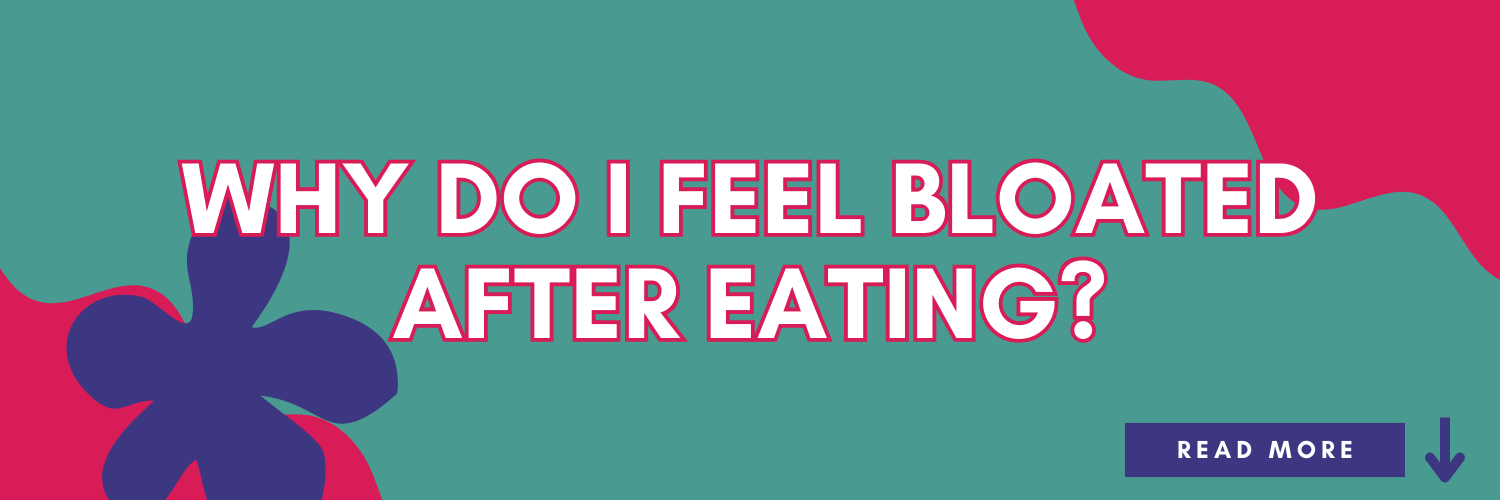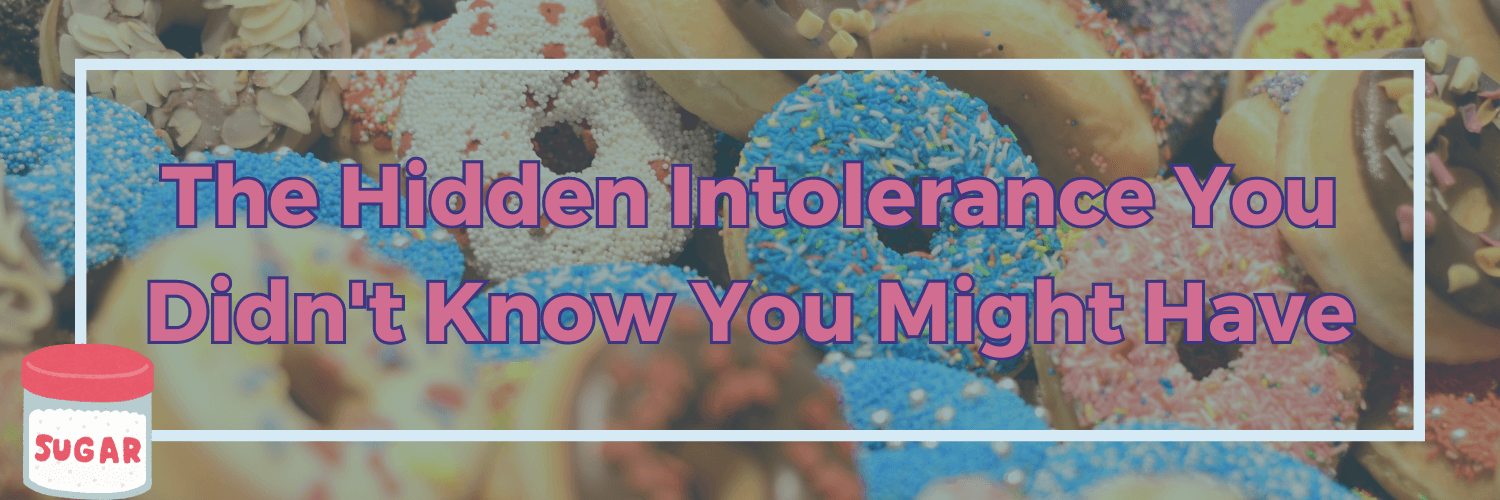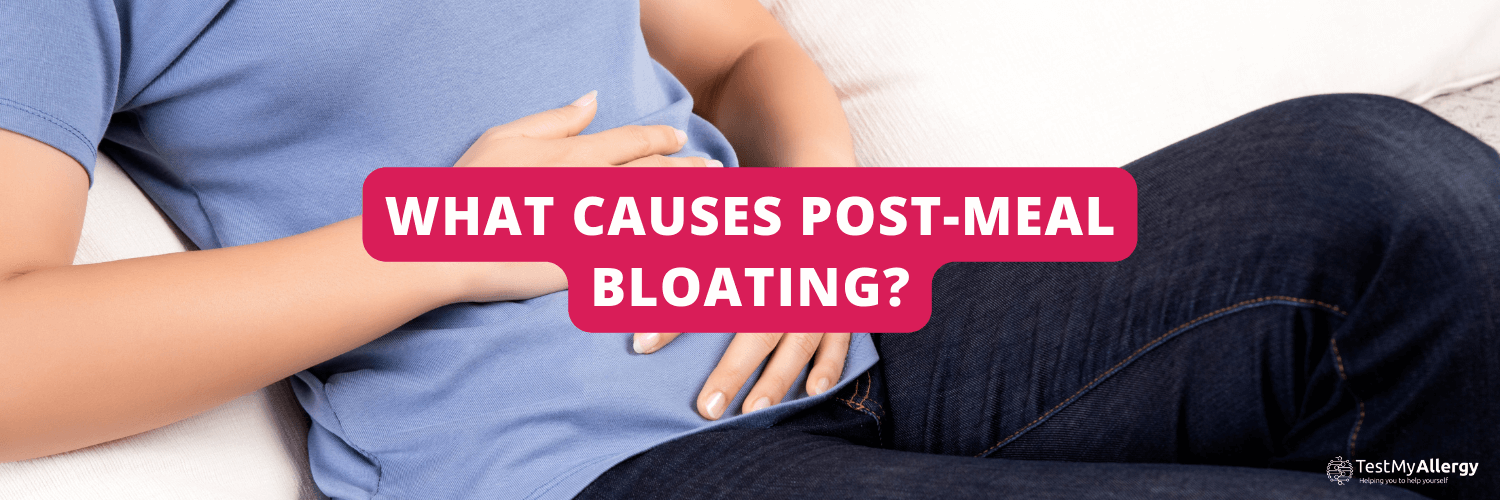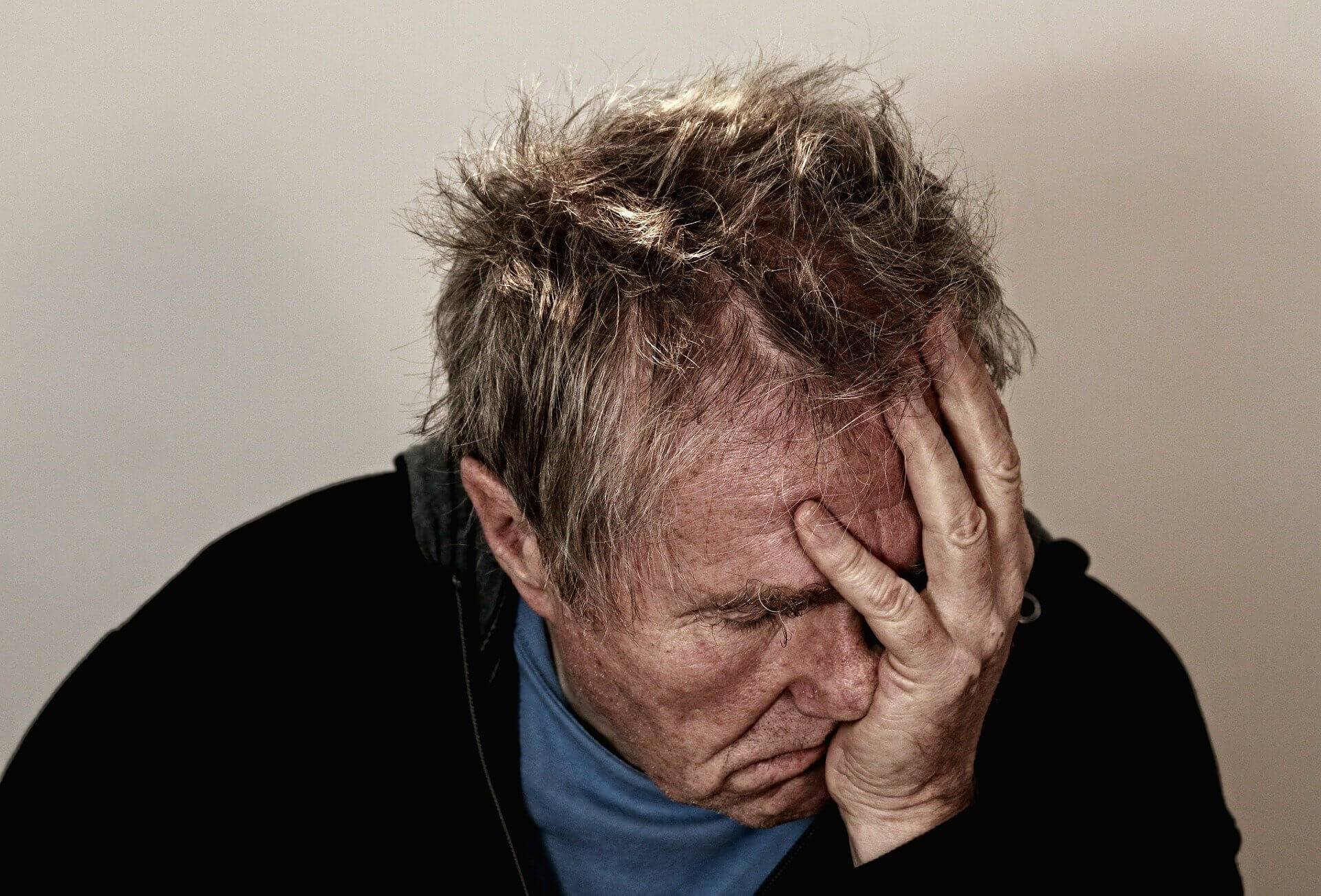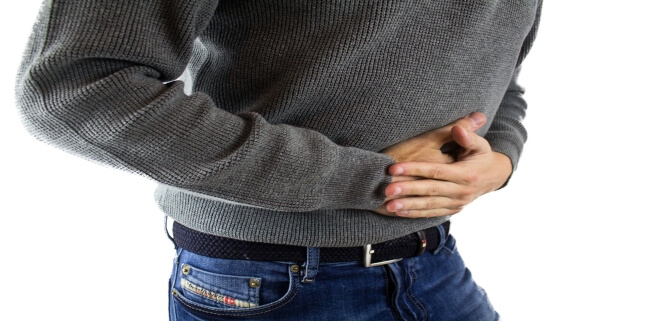There is so much enjoyment to eating when you sit back and think about it. Many of our traditions here in the UK revolve around food and sharing a meal with loved ones. Despite how much we all love to eat, many of us have after-effects. For example, have you asked yourself, “Why do I feel bloated after eating?”? Or, have you chastised yourself for overeating when you feel your stomach starting to expand? Below, we’ll do a deep dive into the question of “why am I bloated after eating?” and show you how a comprehensive intolerance test could reveal its reason!
What is bloating?
Bloating is the fancy term that describes when your tummy looks or feels swollen or larger than it usually does. Post-meal bloating is very common and can vary from mild to severe depending on what is going on in your body, what you are eating, and your genetics.
On its own, tummy bloat is not dangerous. It is simply a natural reaction to eating food and drinking. However, there are times when bloating can be part of a larger issue for your health. So, excess bloating is a reason for concern if you feel it is more than usual or otherwise out of the ordinary over time. The information below can help you determine if there is a problem!
What are the common causes of bloating after eating?
As you’ll read below, there are several reasons for bloating after eating. Many of these are entirely normal, but some are not. Some people even have post-meal bloating for more than one of these reasons, making it difficult to understand its source. If you think it might be more than one reason or want to rule out anything personalised, a comprehensive intolerance test will offer you great relief. For now, let’s take a look at the most likely culprits.
Too much gas
Our tummies produce gas throughout the day; if we get too much of it, we can have a bloated stomach when we start eating. This is thought to be the most likely reason for bloating, especially if this is very uncommon in your life. Gas can come from many sources, including acidic foods, coffee, and many gas-producing fruits and veg.
Having an undiagnosed food intolerance
A more personalised question to “Why do I feel bloated after eating?” could be that you have a food intolerance. An intolerance is when your body lacks the digestive enzymes to break down certain food ingredients. This causes many symptoms since the problem ingredient simply sits in the gut. One of the most common food intolerance symptoms is bloating. Making time for a comprehensive intolerance test can help you realize what’s happening in your body.
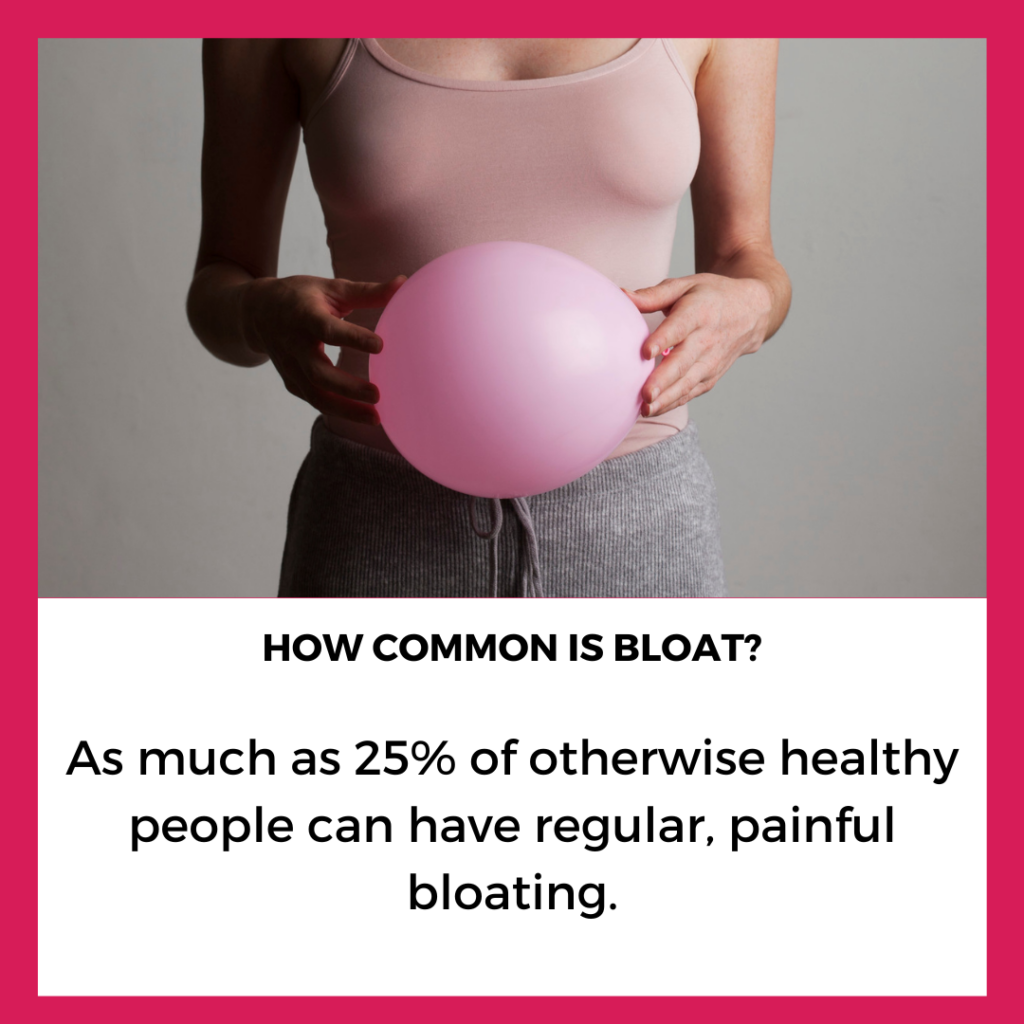
Eating too fast
Eating very quickly makes you swallow as much air as food. This means that the air will become trapped in your tummy, and this can cause bloating. Many of us eat so quickly that we don’t know how much air we take in until we pass gas or burp!
Eating too much
Did you know overeating can cause our tummies to bloat? It’s probably not the first time you’ve thought of it, especially after a big meal. But this can happen, too, after a regular meal. Our stomachs can only stretch so far, so they can only go outward after reaching a certain point! You may have overeaten in one sitting or eaten too much of one part of your meal.
Why am I bloated after eating?
Those are a lot of options that all could seem likely, right? If you are curious about which is causing the problem, try picking one at a time. You can try eating slower, eating less, chewing your food better as you eat, and even walking after a meal. All these can help you manage your bloating and help keep painful symptoms to a minimum.
Should I monitor bloating?
You’ll want to consider monitoring your bloating since it can mean you have an underlying condition. The other thing is that as much as 25% of otherwise healthy people can have regular, painful bloating. There is no reason that you have to feel alone with this, and no reason that you should have to suffer unnecessarily. You can use the tips above to help you, or consult your GP for a more personalised approach!
While we often see food as the enemy of our waistlines, it doesn’t have to be. Understanding what is causing bloating and learning when to seek help and treatment can help us stay in control of our post-meal bloating and keep any symptoms we have to a minimum!

